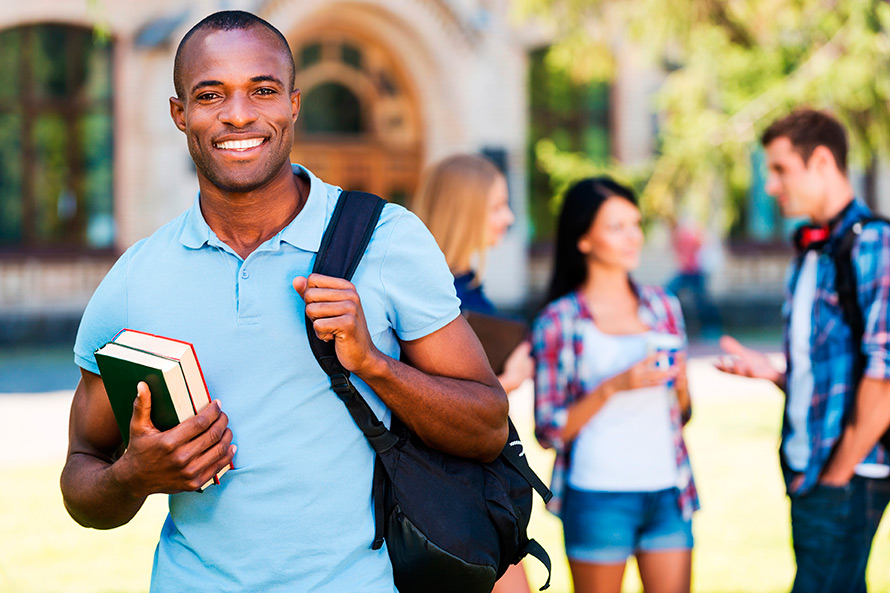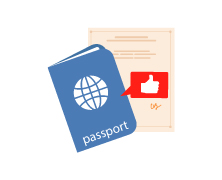Practical details for foreign students coming to study in Russia.
You have passed the exams and have been admitted to a university of your choice. Congratulations! It’s time to start packing your bags. We’ll tell you about the things you will need when you arrive and peculiarities of life in Russia.
Arrival
International Office staff advise students prior to arrival. Please follow carefully the instructions you will find in the memo from the International Office. First, most foreigners need visas. Upon entry, you need to enter your personal data in a migration card and indicate “study” as the purpose of your visit. Contact your International Office within 3 working days after reaching your university – the staff will help you with migration registration. Please note that leaving Russia – for instance, during vacation – will void your registration, so you will need to re-register upon return.
Adaptation
Many universities provide foreign students with ‘tutors’, individual chaperons who meet them at the airport/train station, show them around the university, dormitories and other facilities. These chaperons are usually student volunteers. Student councils and national communities will help newcomers adapt to the new environment. Some universities may offer to pick you up at the airport for a fee (this will require prior agreement).
Living conditions
Appointments and living conditions in dormitories of different universities will naturally vary but most of them are equipped with all the essentials. Room furniture includes cabinets, tables and beds (linen is often included, but make sure to check that with your university before arrival). There is a kitchen nearby with the necessary equipment, utensils and sometimes crockery. First floors of dormitories often house canteens, cafes and gyms.
Food and beverages
If your national cuisine is very different from Russian, you might want to bring sauces, spices and canned food to cook your customary dishes at first. However, in big cities you can buy goods from anywhere or order them online. In fact, big Russian stores carry an assortment quite similar to that of European or Asian supermarkets. Only fermented milk products will be somewhat different from what you are used to, but selection is wide and you will most likely find something to your liking. Remember that fermented milk products should always be stored in a fridge as they spoil fast. Tap water is antiseptically treated and can be safely used for washing and cooking. However, to remove impurities we do recommend using consumer-grade water filters (Brita, Barier, Aquafor, etc.) available from any supermarket.
Medicines
All essential drugs, except for antibiotics and tranquilizers, can be bought in pharmacies over the counter. If you regularly take certain prescribed medicines, it’s better to bring a safety stock with you. Prices at pharmacies in Russia vary significantly, so before you buy a drug, particularly an expensive one, it’s best to do an online price search. Online aggregators which scrape pharmacy websites for product prices will help you choose the best price.
Clothes
Russia is a huge country with diverse climates, so the right clothing will depend on the location of your university. Many foreign students are concerned about the cold. Basic protection against the elements includes a down jacket and warm boots; a scarf, gloves, wool socks and a hat (and thermal underwear for the most heat-loving) may also prove useful. All these can be easily bought in Russian stores. In fact, most foreign students in Russia say they rarely feel cold as they spend little time outside, and it’s warm indoors and in transport even on the coldest of days.
Safety and security
Remember to take essential security precautions: keep an eye on your belongings, do not go out alone particularly if you still have trouble navigating the city. If you need to get somewhere at night, better take a taxi. By the way, learning several simple phrases in Russian will go a long way towards your faster adaptation in the country. In big cities, many people will speak some English (but many others won’t) and in small towns English will hardly be understood. Always carry your passport, registration certificate, student ID or certificate of enrollment with you.



























































